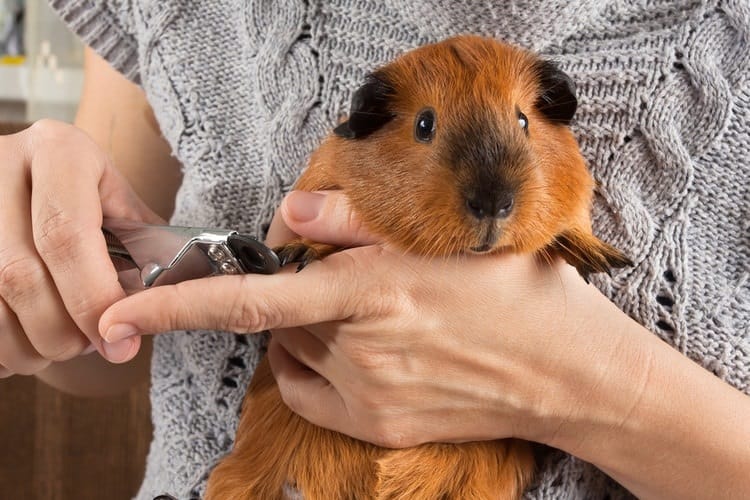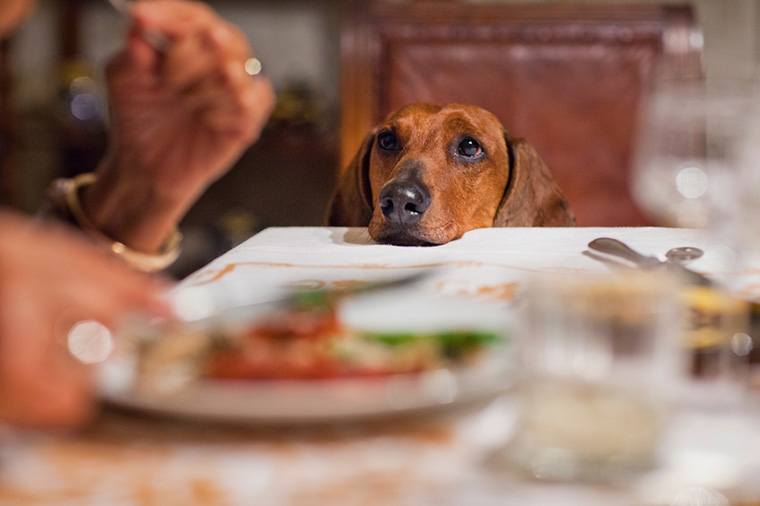Tips for Feeding Your Chickens
Have you recently started keeping chickens? If so, you may face a bit of a learning curve when it comes to feeding them. While it isn’t difficult to throw a few handfuls of grain out, making sure your birds are getting the best nutrition possible is more complex than that. A Galena, MD vet discusses feeding chickens below.
Pellets
Pellets are generally the main source of for chickens. These will generally be a mix of things like wheat, seed, oat, maize, and other grains. The exact type and amount of pellets you should feed your chickens will depend on their age, the type of chickens you have, and their purpose. For example, maturing egg layers need different nutrition than pullets. Ask your vet for specific recommendations.
Other Foods
Chickens can have fresh produce, such as carrots, apples, broccoli, asparagus, grapes, tomatoes, celery, bananas, and melons. Your birds may also happily dispose of many leftovers! Ask your vet for specific advice on giving your birds scraps.
Feeding Times
There’s no set time you have to feed your chickens. The big thing here is really just to be consistent. If you’re home a lot, you can scatter handfuls of food throughout the day. Otherwise, just offer breakfast and dinner.
Methods
This is where it can get a bit tricky. Chickens generally don’t overeat. Plus, if your chickens are free-ranging, they’ll also be snacking on bugs. Anything left over will spoil, and will also attract rats, mice, and other critters you don’t want around. Feed your chickens in a manner that reduces spillage. An on-demand feeder can help with this. Also, pay attention to how much your chickens eat, and adjust accordingly. Keep in mind that this may vary throughout the year.
Pecking Order
Bullying can sometimes become an issue with chickens. Watch your flock, and make sure that weaker birds don’t get pushed out. If they do, feed them separately.
Treats!
Like all of our patients, chickens love treats! Mealworms are often the number one choice with our feathered buddies. Other treats may include things like blueberries, popcorn, cheese, and cooked rice.
Unsafe Foods
Never give chickens garlic, onions, scallions, or chives; chocolate; or avocados. There are also many foods, like raisins, that should only be fed occasionally. Ask your vet for more information.
As your Galena, MD vet clinic, we’re here to help. Call us anytime!




